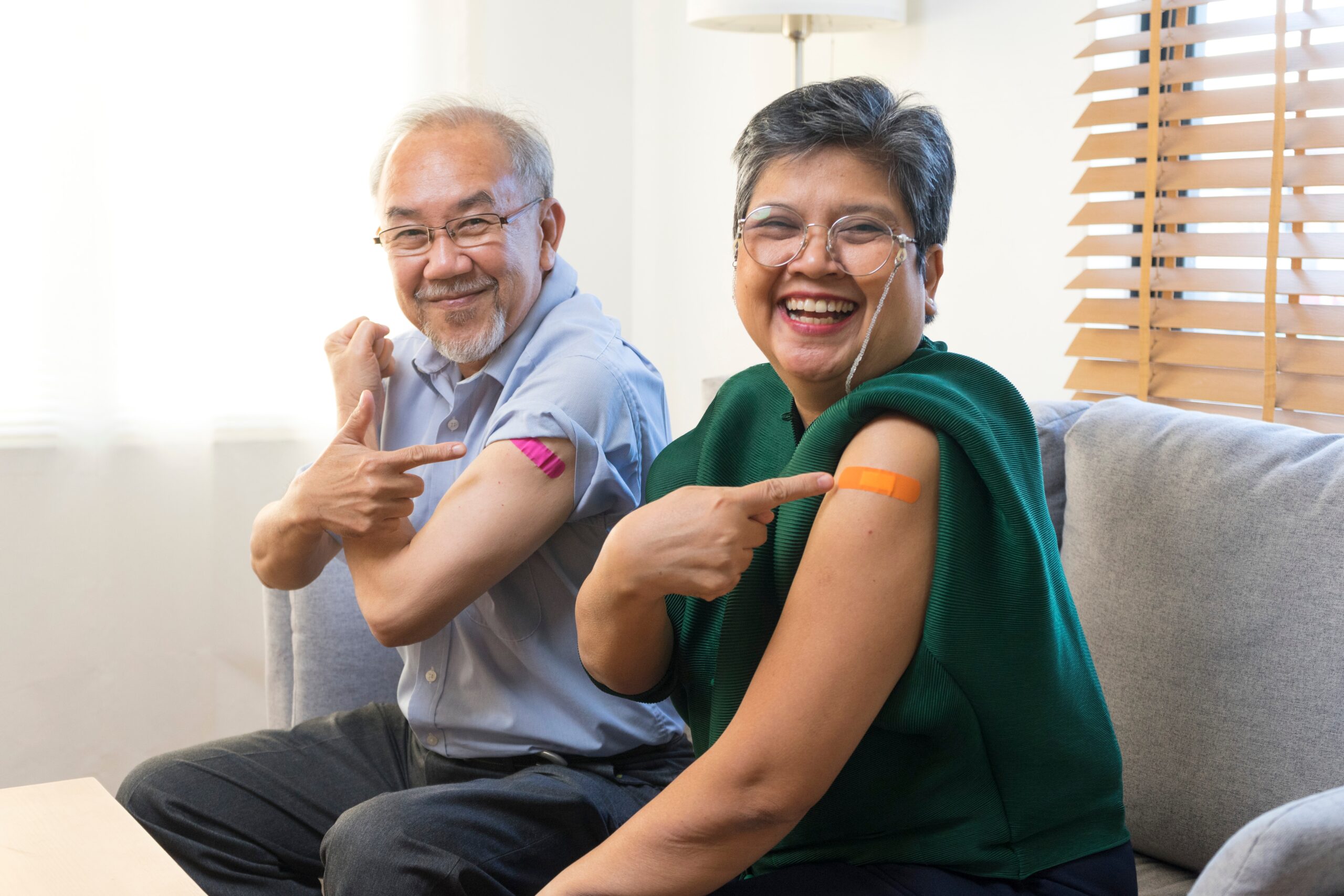
Reaching out to at-risk patients and offering them vaccinations yields remarkably good results, a pilot program by North Western Melbourne Primary Health Network (NWMPHN) has shown.
A 3-month project working with 109 general practices across Melbourne led to more than 11,000 COVID-19 and influenza vaccinations that otherwise would not have been given, saving thousands of people from serious illness and possibly death.
Called the Proactive Engagement Project, the scheme was designed by NWMPHN’s Vaccine Preventable Conditions team.
The protocols were simple. Participating general practices were asked to comb through their databases to identify vulnerable patients who would benefit from a third or fourth COVID-19 vax, or a flu jab.
GPs, practice nurses or administration staff then reached out directly to the patients, some initially by SMS and then through a phone call, and invited them to make a free appointment, at which they were encouraged to receive a COVID-19 booster, or flu vaccine, or both.
The appointments were also an opportunity to have in-depth conversations about a range of health concerns – and to line up tests if needed.
Many patients worked with their general practice to develop a winter preparedness plan to better safeguard against the most risk-heavy season of the year, for example identifying patients that may be eligible for antiviral treatments should they have COVID-19.
At the conclusion of the program the success of the project is evident.
The practices collectively sent out more than 10,000 SMS messages and made almost 20,000 phone calls. More than 15,000 patients opted for screening – with 7,000 making follow-up appointments to discuss findings.
Over 7,000 COVID-19 vaccinations were administered, along with just under 5,000 flu jabs. (In this latter category, one practice performed an astounding 1,036 vaccinations!)
“Patients tend to take advantage of it when you mention the word free,” said Ally Hellyer, practice manager at MyClinic Southbank.
“It helped make it easier for them to find time to come in. I have offered for them to come into the clinic any time they’re available, because I am more than happy to accommodate them throughout the day.”
Ms Hellyer added that making proactive direct contact with patients went some way towards overcoming common and pervasive pandemic fatigue.
“The challenging aspect was the fact that the flu season was almost over and everyone in general has had a few vaccines administered to them over the past 2 years,” she said. “They are just over inoculation.”
Christine Ferlazzo, who heads the NWMPHN’s Vaccine Preventable Conditions team, said the response to the project was much stronger than predicted.
“It’s worked very well,” she said. “We’re already discussing making this approach a part of our winter preparedness strategy for next year and beyond, building on the lessons learnt from the project so far.”
She added that given appropriate funding and research, the proactive engagement strategy might be useful in boosting vaccination numbers for other conditions.
You can find the outcomes of this project and feedback from participating practices here (.pdf).




